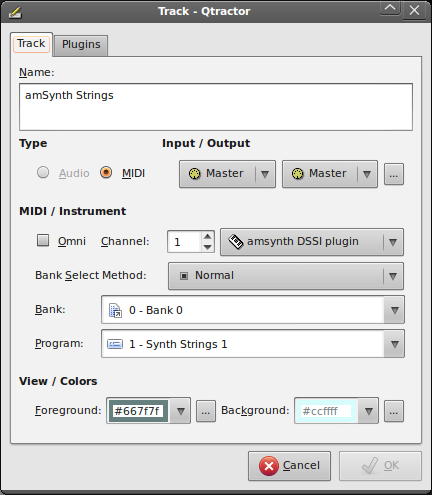The 26th of March Bitwig Studio will be released. From the Bitwig Studio site:
Bitwig Studio is a multi-platform music-creation system for production, remixing and performance with a focus on flexible editing tools and a super-fast workflow.
It’s being developed by folks who have worked on Ableton Live and it will also be available for Linux. It’s a cross-platform DAW which means that for the GUI a platform agnostic framework has been used. In the case of Bitwig Studio the chosen framework is most probably Java which raised some eyebrows within the Linux Audio community. The price of the upcoming product met some scepticism too as it ends up higher than initially announced. Add to this that there’s barely any support for plugins (except native Linux VST) and you’ll understand that this upcoming release has fueled a discussion or two.
I haven’t seen anything yet of Bitwig Studio so I can’t judge the quality, workflow or usability of the product. I’ve registered for a beta testing account two years ago and didn’t hear anything from the Bitwig folks until recently so to be honest I completely lost interest in the product in the meanwhile.
Really, the people from Tracktion do it a lot better in that regard I think, it’s cheaper, they communicate more and it’s based on a cross-platform toolkit that has more credibility (Juce). But you never know, maybe I’ll get blown away when I get my hands on Bitwig Studio. You’ll be the first to hear.




